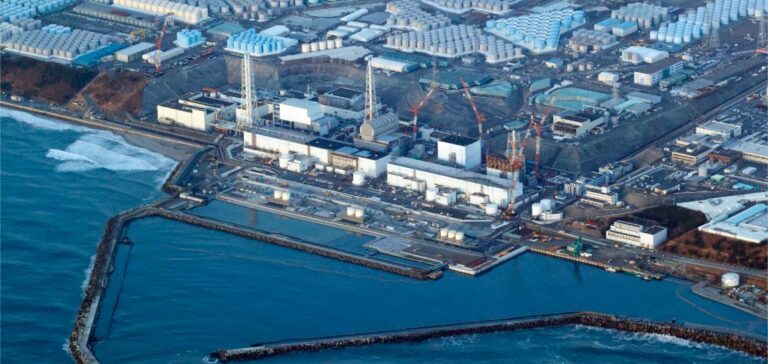The Director of the International Atomic Energy Agency (IAEA), Rafael Grossi, recently visited Fukushima, Japan, to inspect the progress made in soil decontamination. This mission follows the cleaning efforts that began after the 2011 disaster, where a tsunami caused a major nuclear accident. Since then, Japanese authorities, in collaboration with international experts, have deployed significant resources to reduce radiation levels and restore safety in the region.
Decontamination Ongoing Since 2011
The Fukushima Daiichi site, managed by Tokyo Electric Power Company (TEPCO), was severely contaminated by the radioactive leak that followed the earthquake and tsunami. Since then, thousands of tons of radioactive debris have been removed from the area, and several zones around the plant have been deemed too dangerous to return to. However, significant progress has been made in cleaning the soils and managing radioactive materials, although challenges remain.
A Key Role for the IAEA in Overseeing the Work
The IAEA, the UN agency responsible for monitoring nuclear activities worldwide, plays a crucial supervisory role in these operations. It not only ensures that procedures comply with international nuclear safety standards but also enhances the transparency of decontamination activities. Rafael Grossi’s visit to Fukushima represents a new phase in the IAEA’s commitment to assisting Japan with the long-term management of nuclear waste.
The Challenge of Managing Contaminated Water
Another major challenge in Fukushima’s decontamination efforts is the management of groundwater and cooling water used to keep the reactors at a safe temperature after the accident. These waters, contaminated with radioactive isotopes, are stored in giant tanks on-site. Japan plans to release these waters gradually into the Pacific Ocean, a decision that has raised concerns among regional neighbors and environmental groups. However, Japanese authorities assert that the water will be treated to reduce radiation levels before any release.
Technological Advances in Decontamination
The technologies used for decontamination have evolved over the years. Robots and cutting-edge technologies have been deployed to clean contaminated areas, sometimes hard to access. For example, advanced filtration systems have been installed to remove radioactive isotopes from the water, and efforts have been made to restore the soils by using non-contaminated materials. The collaboration between national and international experts has also been key in finding innovative solutions to minimize the environmental impact.
Long-Term Challenges and Uncertain Future
Although notable progress has been made, many challenges remain. The decontamination of Fukushima could take several more decades. Additionally, the long-term management of radioactive waste remains an unresolved issue. Complete decontamination of soils, structures, and equipment will require continuous effort and increased vigilance to prevent future contamination risks.





















